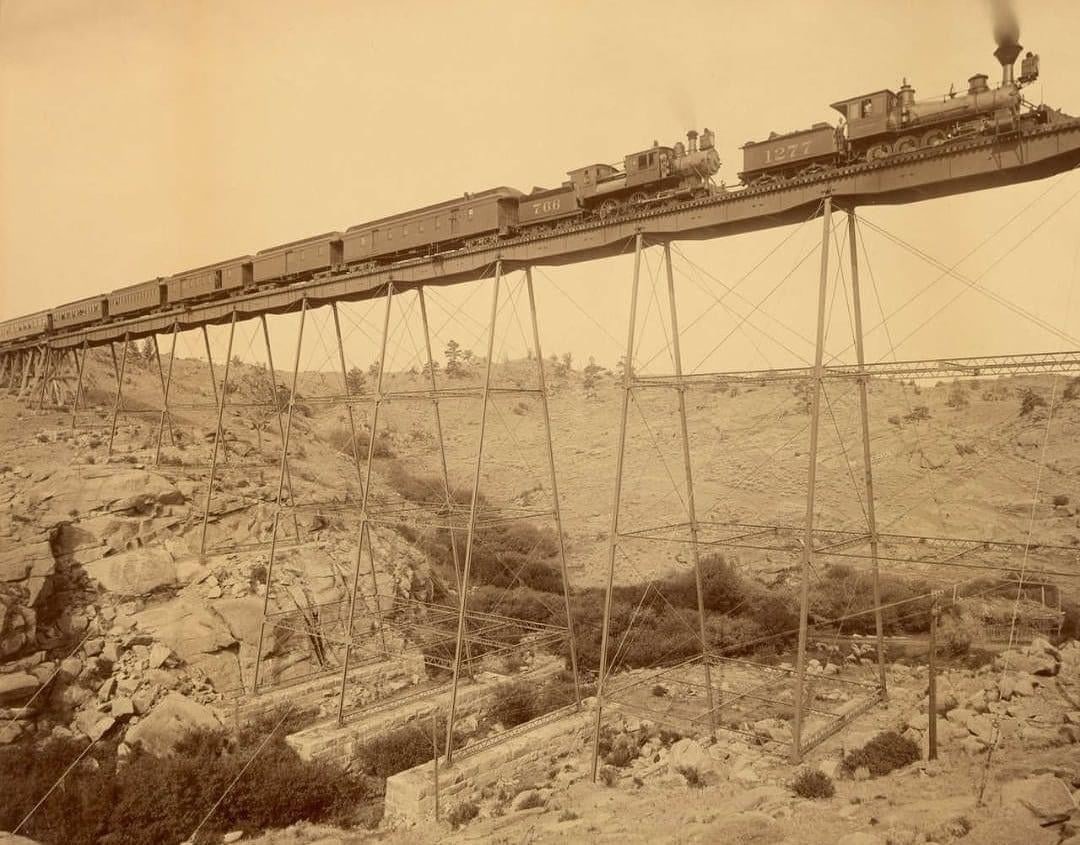this post was submitted on 01 Apr 2024
309 points (99.4% liked)
HistoryPorn
4873 readers
248 users here now
If you would like to become a mod in this community, kindly PM the mod.
Relive the Past in Jaw-Dropping Detail!
HistoryPorn is for photographs (or, if it can be found, film) of the past, recent or distant! Give us a little snapshot of history!
Rules
- Be respectful and inclusive.
- No harassment, hate speech, or trolling.
- Engage in constructive discussions.
- Share relevant content.
- Follow guidelines and moderators' instructions.
- Use appropriate language and tone.
- Report violations.
- Foster a continuous learning environment.
- No genocide or atrocity denialism.
Pictures of old artifacts and museum pieces should go to History Artifacts
Illustrations and paintings should go to History Drawings
Related Communities:
founded 1 year ago
MODERATORS
you are viewing a single comment's thread
view the rest of the comments
view the rest of the comments

There's an easy solution to make bridges stable in windy conditions:
(That bridge was built from 1846 to 1851 and it's still used today)
And how do you propose you get all those bricks to some remote pass in Wyoming in the late 19th century? There was 21,000 (non-native) people living in an area larger than the entire United Kingdom in 1880.
I mean... A train?
I get you though; built with what's readily available to meet the needs of the time.
I laughed out loud at this. Thank you.
It's not jist about what's readily available either. A giant brick viaduct would require thousands if workers, housing, food, and sanitation for them. On top of that, the army would have to dedicate a full company ti protecting the workers due to the risk of attack from natives. The logistics just make it impossible for such a remote area back then.